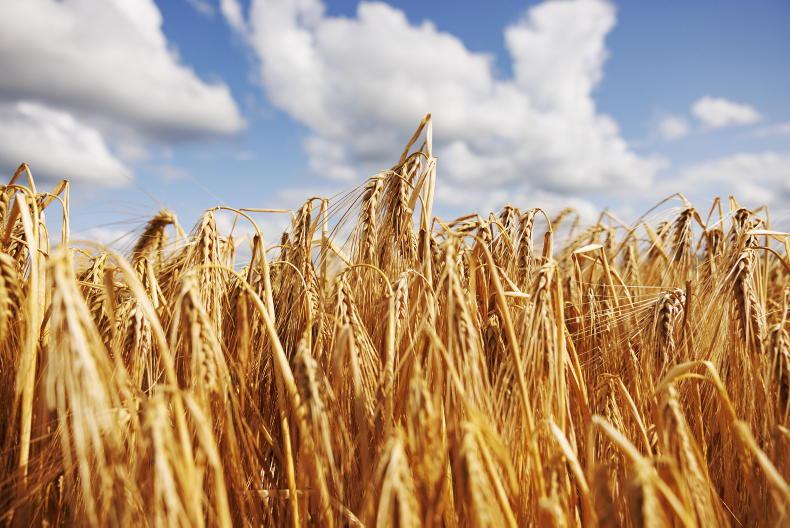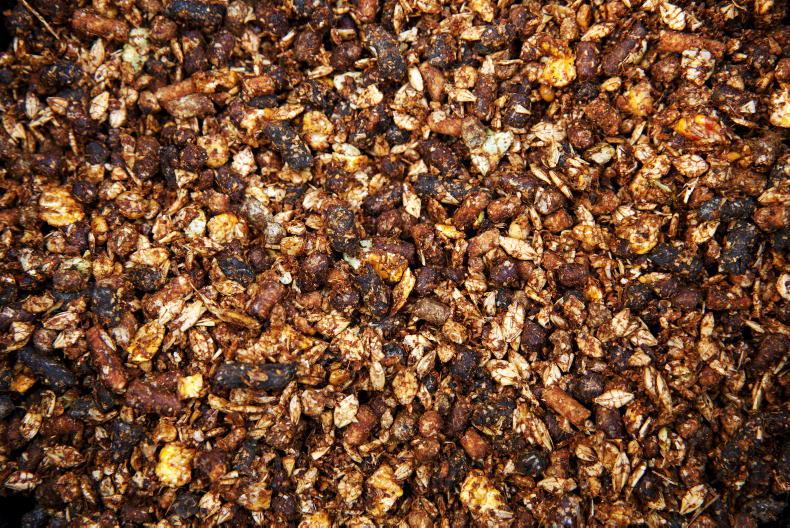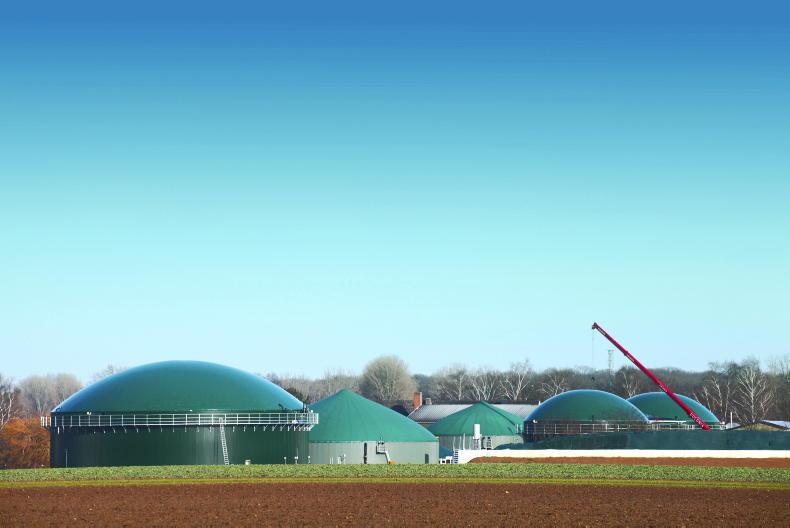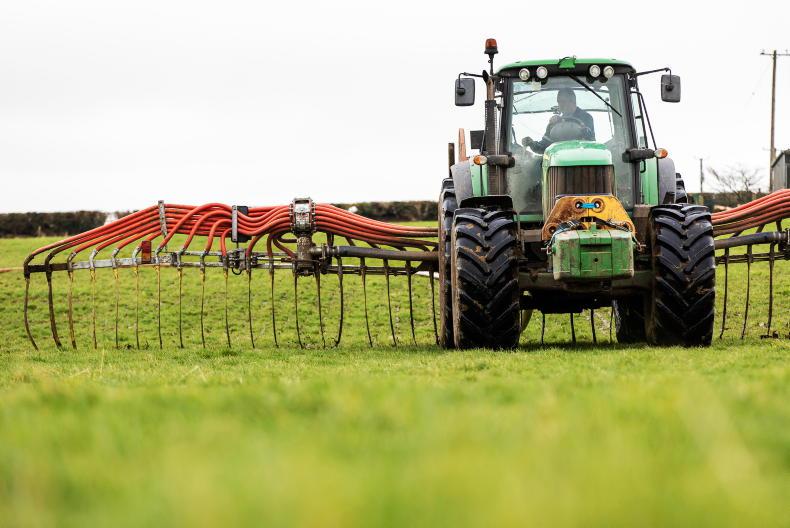The barriers to farm-based micro-generation must be removed from the proposed Micro-generation Support Scheme (MSS), IFA environment chair Paul O’Brien has said.
He said the scheme as currently proposed won’t work and that the scope needs to be widened.
The IFA has made a submission in response to the request for consultation on the proposed new scheme.
“It’s a missed opportunity to support farmers and communities to transition to renewable energy, while decarbonising the rural economy and potentially providing an additional income stream for farmers,” O’Brien said.
Below-average adoption
Ireland’s adoption of renewable technologies at farm level is well below the European average.
In 2018, Ireland ranked 23rd out the EU27 countries for renewable energy from agriculture, producing just 2.6% compared with the EU27 average of 12.1%, the IFA said.
“The rate of adoption of renewables on Irish farms clearly demonstrates a failure to develop policies that make farm-based renewables workable.
“Unfortunately, the MSS scheme is no different,” O'Brien said.
Central players
He said that farmers want to be central players in Ireland’s energy transition.
“They want to take advantage of the opportunities offered by micro-generation to diversify their farm income and enhance the overall sustainability of their farm business,” he said.
“If the scheme is to work for farm or community-based micro-generation, then the net payback period for on-farm installations needs to be reduced to five or six years, while the 70% self-consumption requirement is too restrictive, particularly for farmers with the capacity to produce renewable energy but that have a low energy consumption,” he added.
The IFA has written to the Minister for the Environment, Climate and Communications Eamon Ryan to seek a meeting to outline its concerns with the proposed scheme.










SHARING OPTIONS